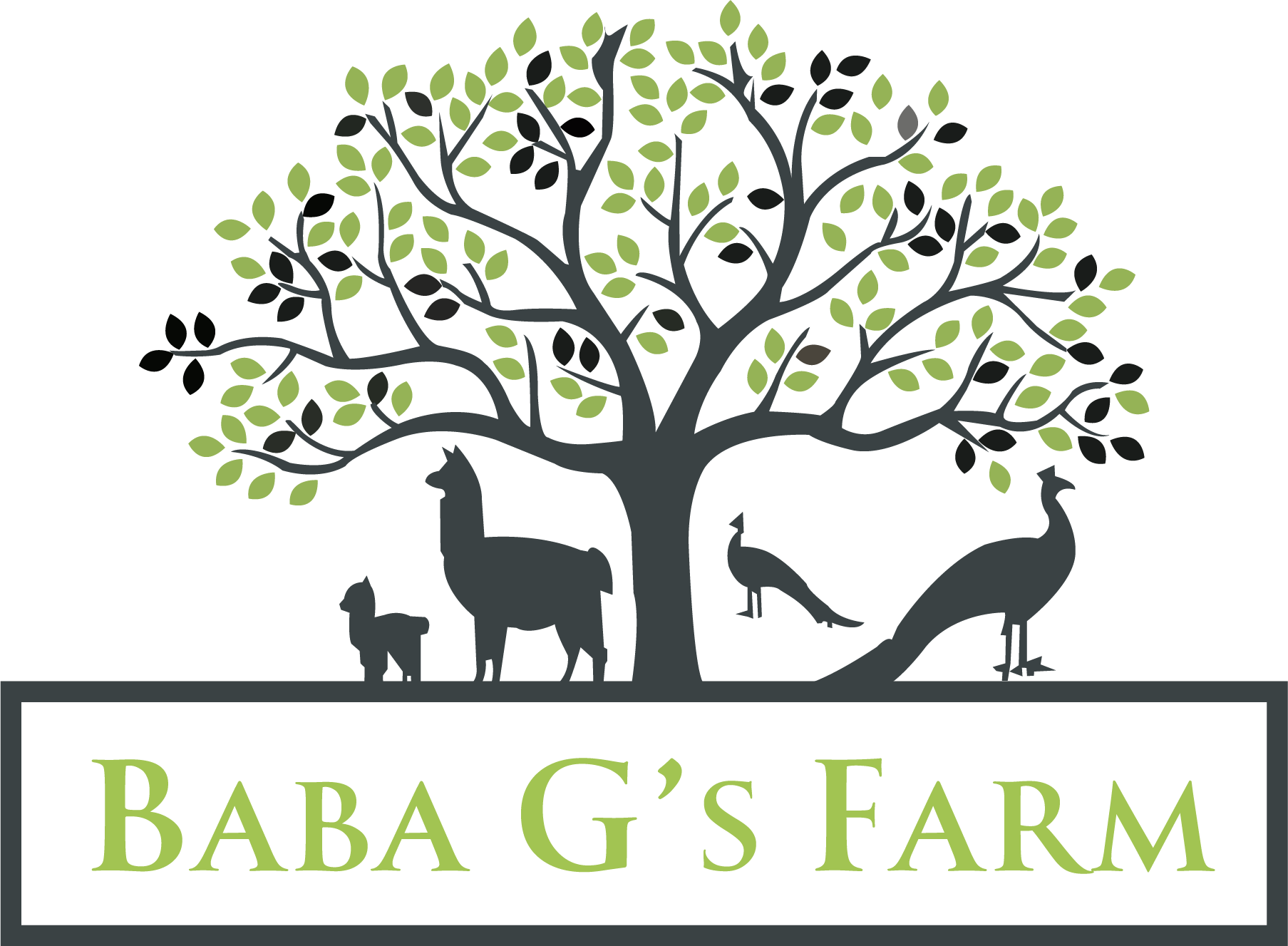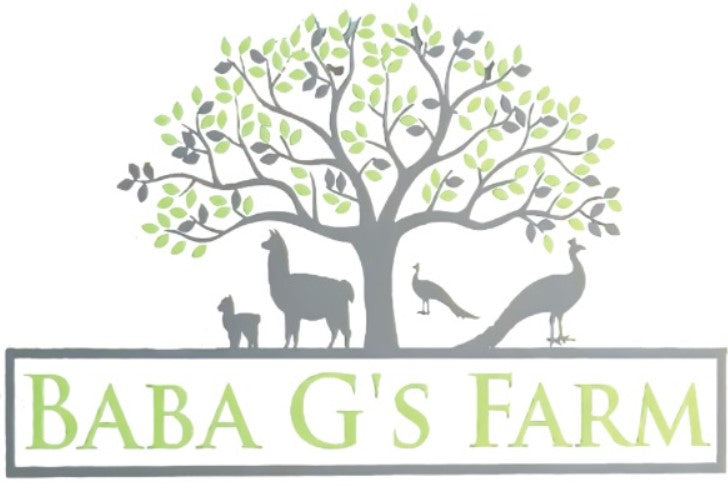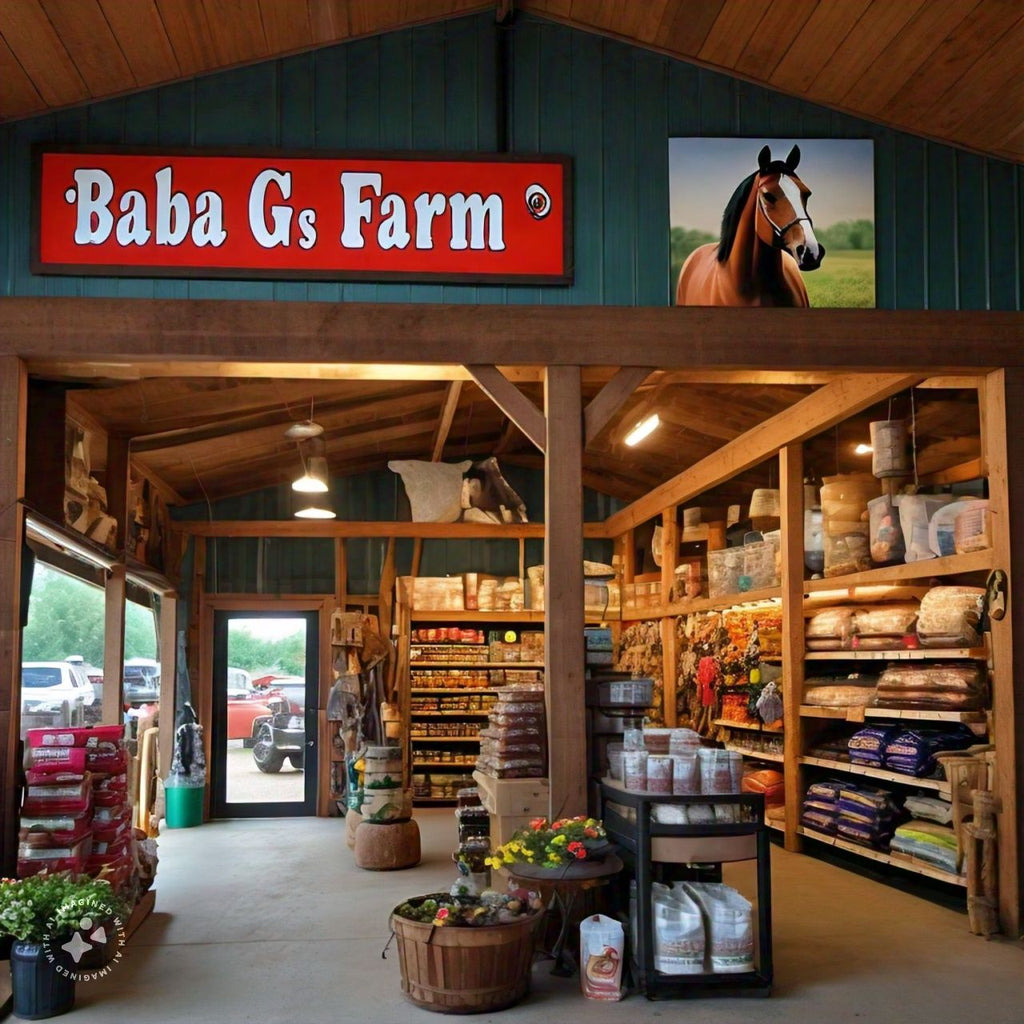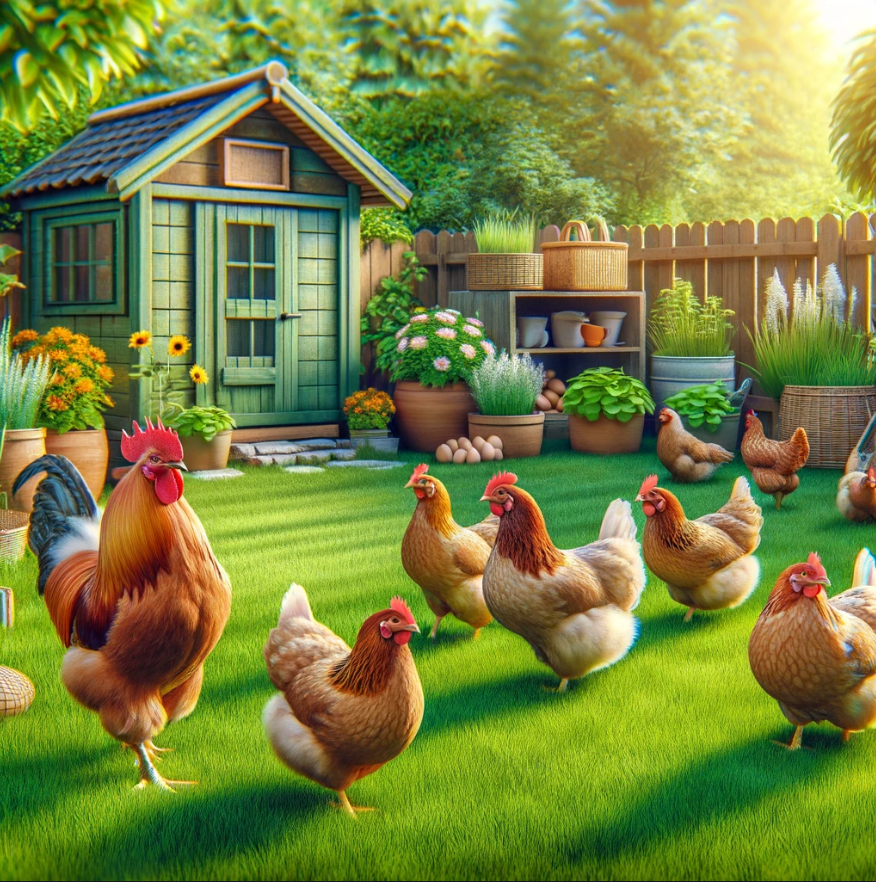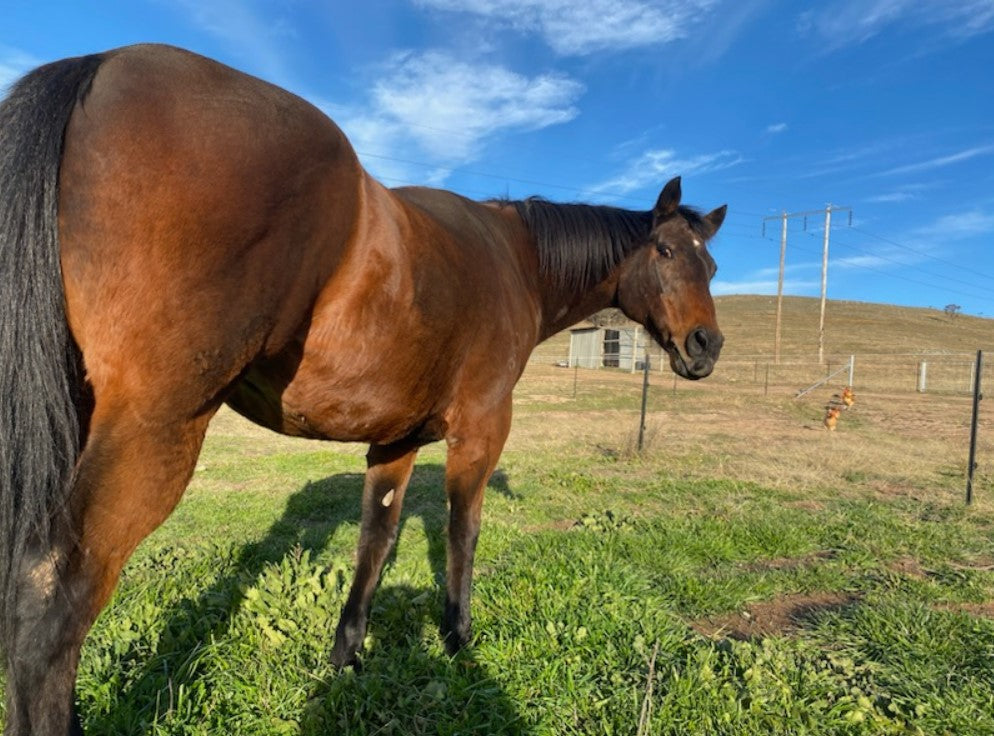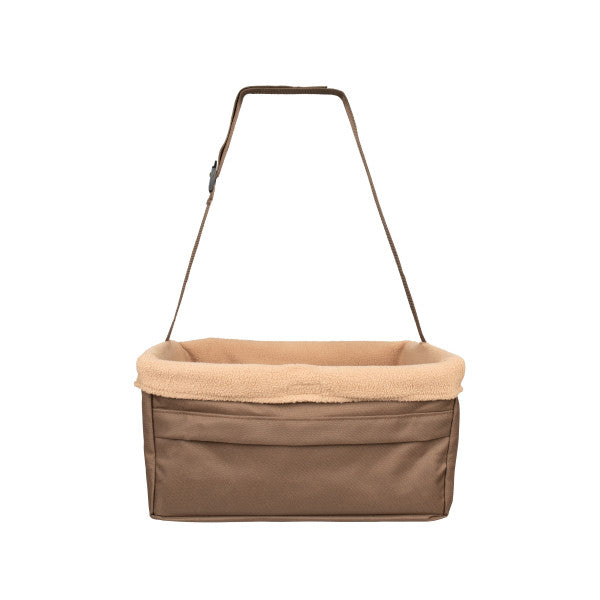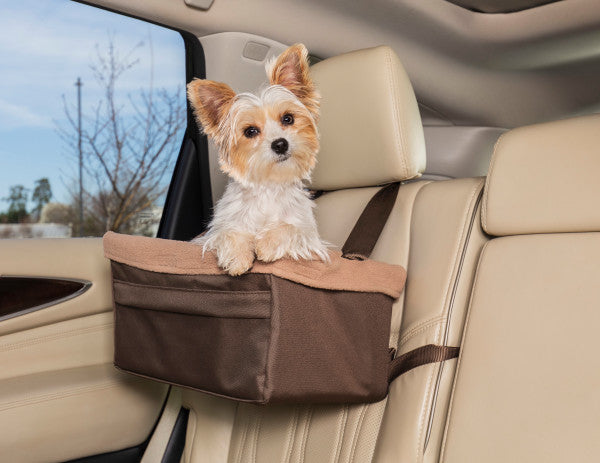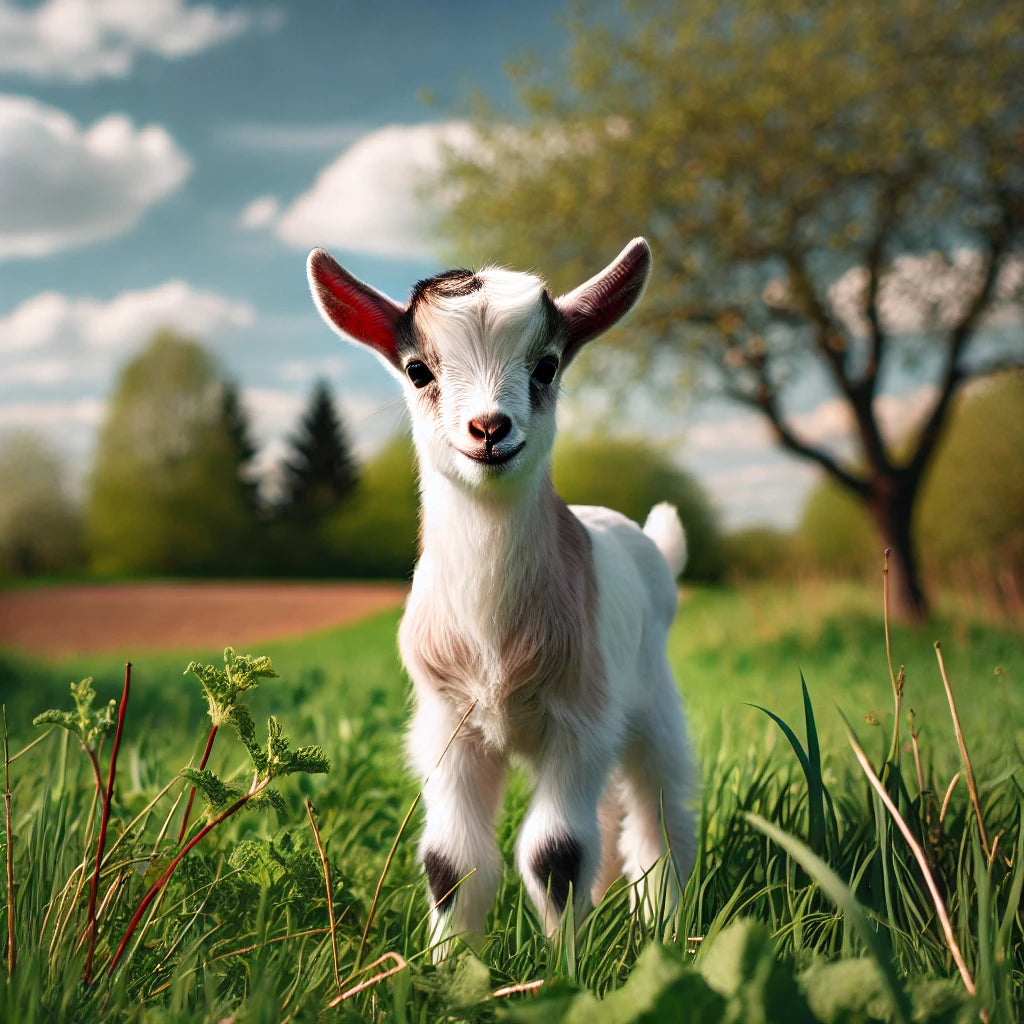
Handling Rejected Lambs and Goat Kids

Birthing season is a time of joy and renewal on the farm, but it can also bring challenges. One such challenge is when a lamb or goat kid is rejected by its mother. Here are some crucial steps to take to ensure the survival and well-being of these vulnerable animals.
Step 1: Assess the Situation
Firstly, confirm that the lamb or goat kid has indeed been rejected. Sometimes, mothers take a little longer to bond with their offspring, especially first-time mothers. Signs of rejection include:
- The mother actively pushing the baby away
- The mother showing aggression towards the baby
- The baby is not nursing and appears weak or hungry
Step 2: Provide Immediate Warmth
Newborn lambs and goat kids are highly susceptible to hypothermia. If you find a rejected baby, make sure it is kept warm. Use blankets, heat lamps, or heating pads. Place the baby in a draft-free area.
Step 3: Feeding
Newborns need colostrum within the first few hours of life. Colostrum is rich in antibodies and provides essential nutrients. If the mother is not nursing, you will need to provide colostrum replacer.
Feeding Instructions:
- Use a clean, sterilized bottle.
- Warm the colostrum replacer to the baby’s body temperature (about 37°C or 98.6°F).
- Feed small amounts frequently (every 2-3 hours).
After the initial 24 hours, transition to milk replacer specifically formulated for lambs or goat kids. Follow the instructions on the milk replacer package for proper mixing and feeding amounts.
Step 4: Maintain Cleanliness
It’s crucial to keep the feeding equipment and the living area of the lamb or goat kid clean to prevent infections. Sterilize bottles and nipples before each feeding.
Step 5: Monitor Health
Regularly check the baby for signs of illness or distress. Common issues in rejected lambs and goat kids include:
- Scours (diarrhea)
- Pneumonia
- Weakness or lethargy
Consult a veterinarian if you notice any of these symptoms or if you have concerns about the baby’s health.
Step 6: Socialisation
Lambs and goat kids are social animals. If possible, allow them to interact with other babies to encourage normal social behavior. However, ensure that they are not bullied or hurt by the others.
Products to Assist You
At Baba G's Farm, we understand the challenges of raising healthy lambs and goat kids. We offer high-quality milk bottles and milk replacers designed to give your animals the best start in life. Visit our online store to explore our range of products.
Taking the right steps when a lamb or goat kid is rejected can make a significant difference in their survival and health. With the proper care and equipment, you can ensure that these little ones grow up strong and healthy
